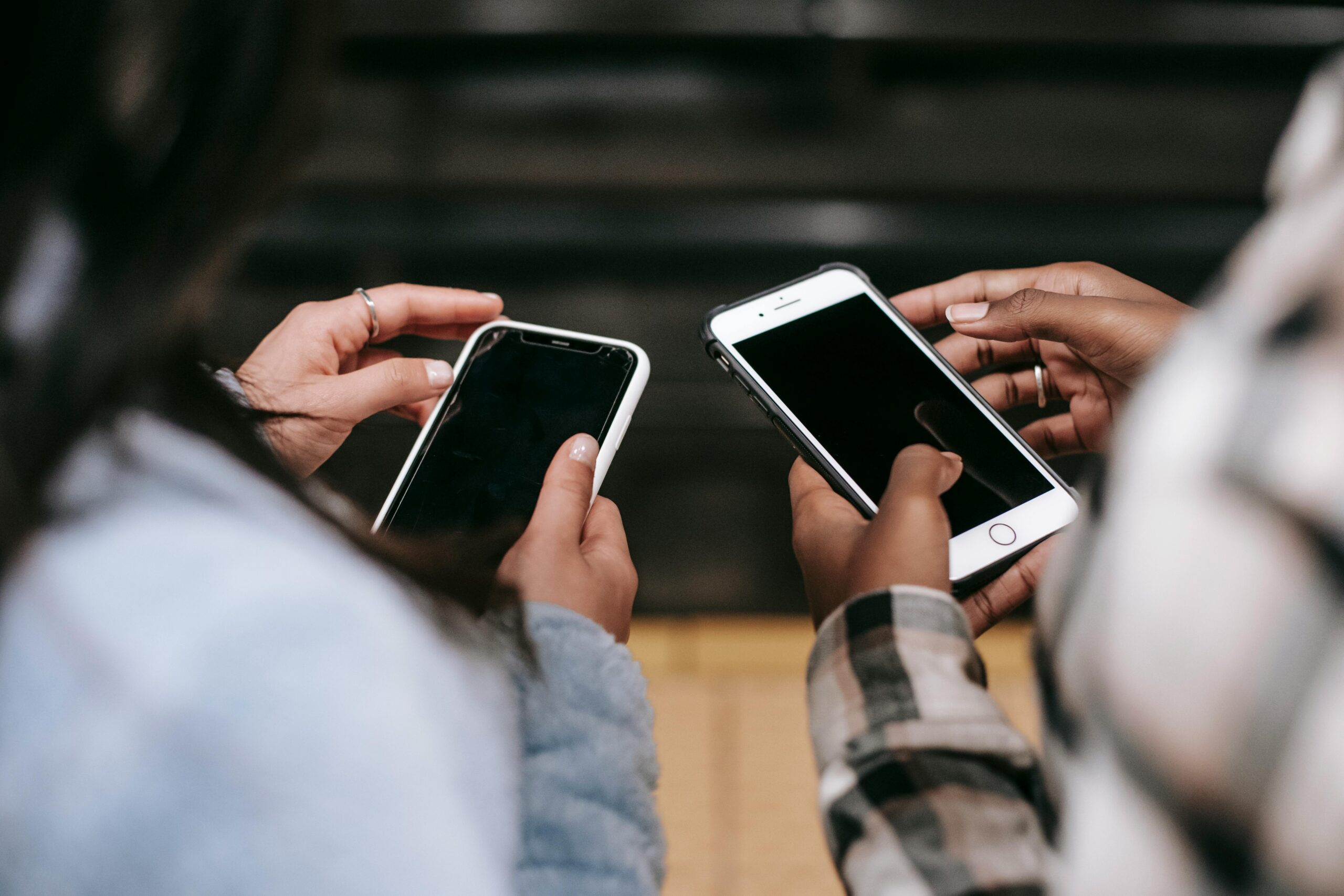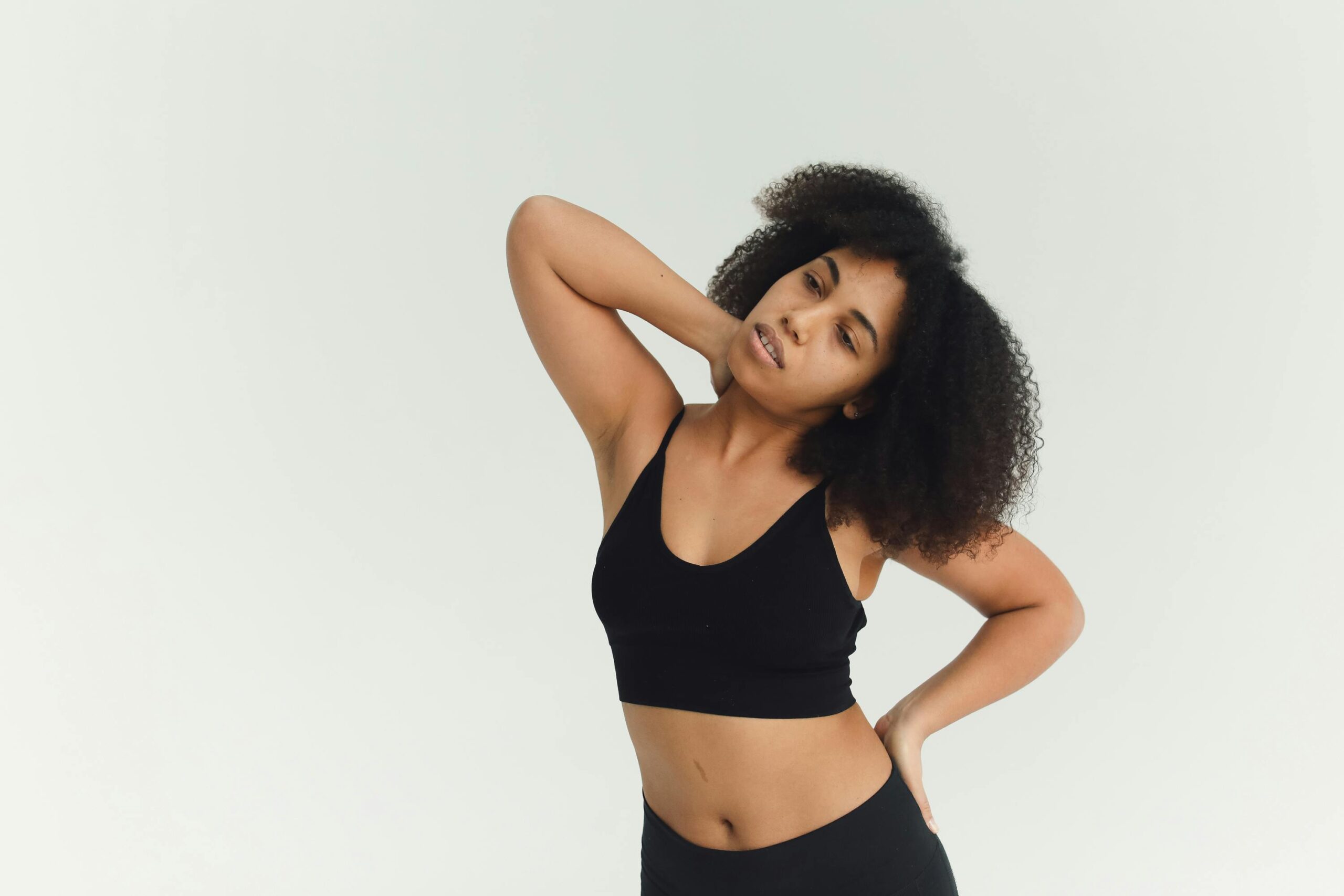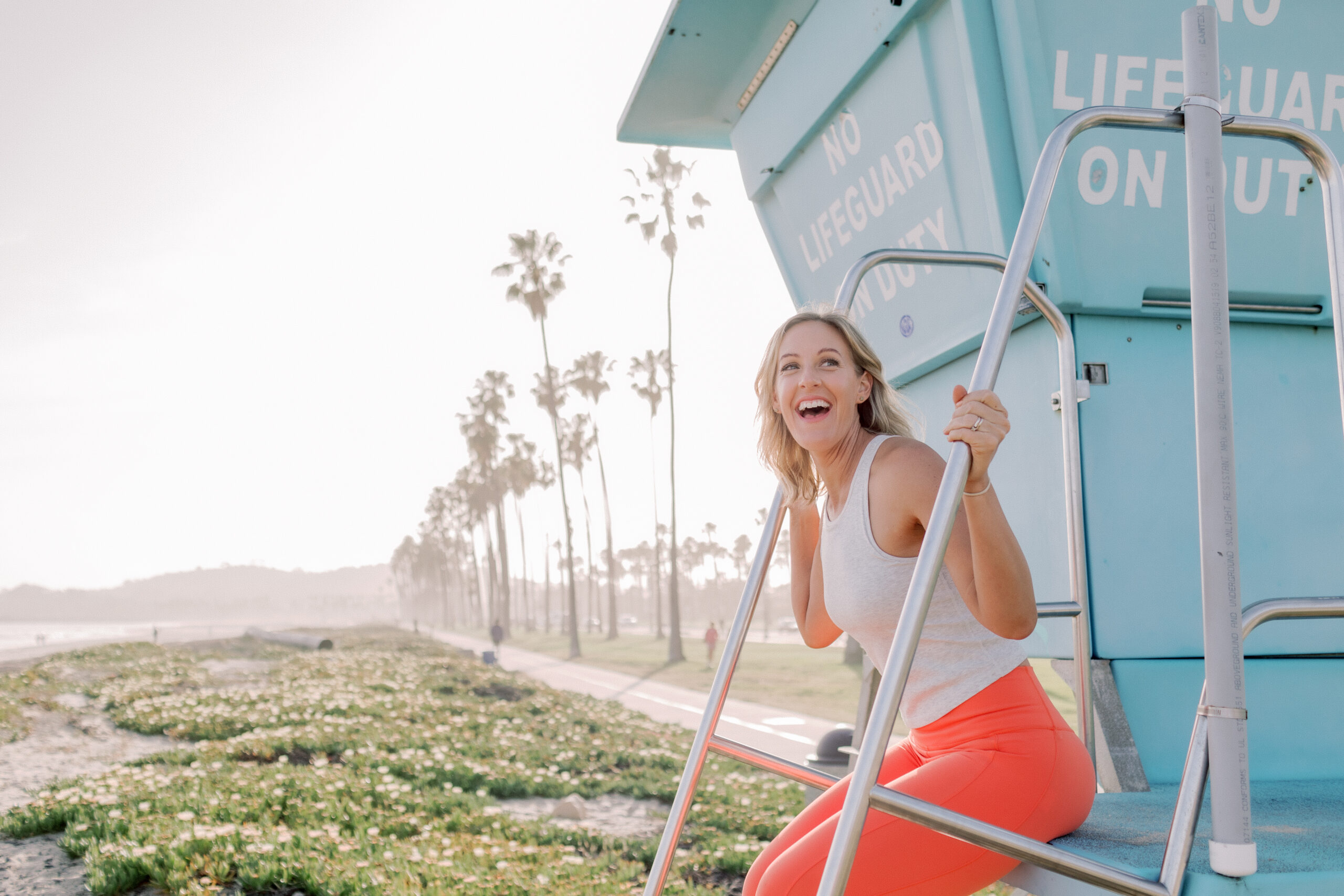
It’s no secret that we are advocates of women’s health and education, especially around menstruation. Whether it be important information about how women and girls in the developing world are disadvantaged both economically and with education due to cultural taboo which requires them to stay home while menstruating, or sharing stories about activists who are raising awareness about menstrual stigma in order to break it down.
It is an area that is important to us, and part of our passion is to also introduce our readers to brands and companies that align with our message. One company that every female in the US needs to know about is Conscious Period, a new-to-market organic tampon brand that goes beyond just selling a necessary feminine hygiene product.
Adopting a 1-for-1 model, this start-up provides biodegradable pads to homeless women in the US. Their social enterprise model will also eventually employ these same low-income women to produce pads to help fill shelters’ long-term needs. Amazing! In the United States, there are two major problems with tampons and pads. The first is the materials they are made out of, and the second is the way they are classified in the tax code.
Commercial tampons are riddled with synthetic fibers and potentially toxic chemicals. The FDA does not require tampon manufacturers to disclose ingredients, which means women are unknowingly putting potentially toxic synthetic fibers into one of the most absorbent parts of their bodies. A recent study found that 85% of commercial tampons contain glyphosate, an ingredient that has been ruled as “probably carcinogenic” by the World Health Organization.
In addition to this, tampons and pads are not covered by government assistance programs like food stamps, so many homeless women are forced to go without, every month. Over 26 million American women are unable to afford tampons and pads each month. 39 states tax them as non-necessary goods, making them even more cost-prohibitive to women living below the poverty line.
We spoke to Conscious Period founders Margo Lang and Annie Lascoe to get more insight into their business model, why this issue is important to them, and their perspective on breaking down taboos when talking about periods in public.

MARGO LANG – Tell us a bit about your background working for TOMS and how you became interested in the concept of social enterprise models?
ML: I became interested in social enterprise-based business models right after I graduated from college. I worked for a company that sold virtual call center technology and my role was to launch a program that would employ people with transportation challenges (ie: paralyzed war veterans) in jobs as virtual call agents so they could work from home. I loved the idea of using a for-profit company to generate a sustainable revenue stream that could support a strong social mission.
I pursued a job at TOMS because I felt like they had really pioneered that “for good, for profit” model that I was so excited about. I completed my MBA a year ago and, as part of that education, received a Brittingham Social Enterprise Lab fellowship as well as a Graduate Certificate in Sustainability and Business so that I could gain the skills needed to begin building a social enterprise company myself.
What is Conscious Period and why should all women know about it?
ML: Conscious Period is a tampon company on a mission to provide healthy period products to all women. We sell 100% organic cotton tampons with high-quality plastic applicators so women do not have to sacrifice comfort for health. For every box of tampons we sell, we donate pads to women living in homelessness in the USA. Here’s why this matters: tampon companies are not required to label their ingredients because tampons are classified as medical devices by the FDA. Most commercial tampons contain synthetic fibers and dyes. The average woman uses tampons for 50,000 hours during her lifetime and should know what she is putting into her body!
We make our tampons with 100% GOTS-certified organic cotton, without any synthetics, chemicals or dyes, and label our boxes as such. Additionally, tampons are taxed as luxury items in 40 states and are not covered by government assistance programs like food stamps. Over 26 million American women are unable to afford these essential products every month. The lack of access to period products that women who are homeless experience is, frankly, absurd and we want all women to be aware of these issues as well so we can collectively advocate for policy change.

How is it 2016 and there are still SO many barriers surrounding menstrual hygiene that we have to fight against both socially and economically?
ML: That is a great question that we ask ourselves every day! I think it has just been something that women have silently accepted for so long but not discussed openly because, like other bodily functions, it is kind of embarrassing. We find it very troubling that so many women are nervous to speak openly about their periods, even to their friends. However, we talk to young women every single day who are committed to breaking down these barriers by doing things like carrying their tampon openly when they use a public restroom or posting things on social media that address feminine care and menstrual health.
It is clear, based on the increase in conversation about periods over the last year, that times are changing and hopefully future generations won’t have to deal with these social and economic challenges. As President Obama pointed out when asked by our friend Ingrid Nilsen why the tampon tax exists, it’s likely because men made the laws. With more women entering politics and more young women becoming politically aware and involved, we’re hopeful policy changes will soon be taking place as well.
Why is it important to talk about these problems openly and break down stigma?
ML: Having conversations about menstrual health are vitally important on a few levels. Afterall, menstrual health is a women’s health issue, and women’s health issues are human rights issues.
First: young girls experience enough changes and feelings of insecurity during adolescence. We live in a society where young girls are subconsciously taught that their periods are embarrassing, or dirty, or should be hidden. This isn’t right! Periods are natural and should be a beautiful, celebrated part of women’s health.
Second: so many girls have so many questions about their periods. They wonder if their flow is regular. What the best products are. Why it might come irregularly. Etc. Menstruation is one of the most common experiences that unifies us as women. There is no reason that girls should have so many unanswered questions that keep them up at night. Third: talking about, and de-stigmatizing, the issues unique to the homeless population in this country is also incredibly important so that people think to donate the period products (specifically pads) that women living on the streets need. We hope someday soon that won’t be necessary but for now, period products are among the most requested and least donated items for homeless shelters across the nation.

(Annie and Margo pictured with Kiran Gandhi, center, who recently ran the London marathon without a tampon to draw attention to menstrual taboos)
Why do homeless women prefer pads instead of tampons?
ML: When Annie and I started developing Conscious Period, we spoke with lots of service providers who work with the homeless community every day. One of the most important things that we learned is that women prefer pads instead of tampons because (1) they can be used for longer periods of time without risk of infection; and (2) they are easier and more hygienic to change without reliable access to clean, safe bathrooms and running water.
Tell us about working with “Menstrual Man” Arunachalam Muruganantham.
ML: When Annie and I realized we needed to find a way to donate pads instead of tampons, we started studying how other countries are dealing with lack of access to menstrual products. We learned about Mr. M’s work and his dedication to finding real solutions for women who suffer from lack of menstrual products, like his own wife. Annie went to India to meet him and found him to be a true revolutionary: not only had he developed a technology to produce high volumes of sanitary napkins at a low cost, but he also found a way to employ women in need — and created an innovative way of addressing menstrual inequity in India (where periods are even more taboo than we could imagine!) in the process.
He was kind, warm, generous and spectacularly driven by his mission. Furthermore, his work has encouraged other people to innovate on his model, and he sees their work not as competition but as contributions to the greater cause of increasing access for all women. As entrepreneurs in an industry that has seen little innovation, we take Mr. M’s worldview to heart to celebrate all of the innovation and exciting traction in this space in the US and around the world.

Why is the conversation around organic, non-toxic materials in menstrual hygiene products so important for women?
ML: On average, a woman will use tampons for over 50,000 hours of her life. That is a really long time not to know what you’re putting into one of the most sensitive and absorbent parts of your body. When women know about the potential toxins that exist in so many commercial period products, they can make more educated choices about what they are putting into their bodies. Over the last 10 years there is has been massive growth in organic skincare, cleaning products and food but somehow tampons got left out of mix – until now.
There is a difference between ‘organic’ cotton and ‘all natural’ cotton. Organic cotton cannot be sprayed with pesticides or herbicides at any point during the growing process. One particular herbicide, glyphosate, was just declared ‘likely carcinogenic’ (aka cancerous) by the World Health Organization last year. The long-term effects of many other chemicals and synthetics haven’t been sufficiently studied, which is why choosing a 100% organic cotton tampon is the best way to ensure that potentially harmful toxins are not entering your body.
For those who still feel uncomfortable about periods or talking about it, what advice would you give to them?
ML: I would say, you don’t have to! Not everyone is or will be comfortable talking about their period and that is ok. What matters is that the people that do want to talk about it can, without feeling judged or afraid of the consequences. We recently got an email from a young girl who doesn’t even have her period yet, but she wanted to know what she should post on social media to support her friends who do have their periods. You go girl! We’ve also spoken with many other young women who don’t want to talk about the specifics but want to know more about how to choose a safe yet comfortable menstrual product. As far as we are concerned, there is room for everyone to have their own comfort level and we are all here to support each other’s choices.

ANNIE LASCOE – Tell us about your background working in the non-profit world and how you became passionate about women’s issues in particular?
I’ve been passionate about women’s issues for as long as I can remember (in fact, I recently wrote this piece about my feminist journey). Originally, I thought the best way to make an impact in the lives of women was through nonprofit work, and I went to social work school thinking that I’d work in an organization like GEMS one day, fighting trafficking in the US and around the world. I never thought I would be an entrepreneur until I came up with the idea for Conscious Period (during a trip to Vietnam and Cambodia when I was sick of using organic tampons with cardboard applicators and paper wrappers), and I realized how a socially conscious company could address and solve so many of women’s needs.
How did you and Margo create Conscious Period?
AL: Actually, Margo and I both came up with the concept behind Conscious Period separately, and then a mutual friend introduced us thinking we’d have a lot to chat about! I’ve always been concerned about the undisclosed chemicals, synthetics and dyes in commercial tampons but dissatisfied with existing organic tampons which came with uncomfortable cardboard applicators and wrappers that fell apart in the bottom of my purse. Meanwhile, Margo confronted affordability issues of period products when she had to pay for tampons while in grad school and wondered what women who had fewer resources than she did when they had their periods! Instead of developing competing companies, we decided to collaborate…and it’s been one of the best decisions of both of our lives.

There is a lot of attention on menstrual stigma right now in the zeitgeist, why do you think this is important?
AL: I think it’s exciting because even a year ago when I attended the first roundtable in New York City to discuss how public schools, prisons, and service providers could provide menstrual supplies, this wasn’t an issue that anybody (except for a few activists and politicians) was considering. A year later, Newsweek ran a cover story discussing these issues and NPR called 2015 “The Year of the Period.” It’s about time that this private issue becomes part of the public consciousness, and it’s a huge win for the feminist movement in further supporting the notion that the personal is political.
One of the big focuses for Conscious Period, aside from creating healthy products, is the model of making these products accessible for homeless women. Why did you choose to do this, and what is the normal procedure for homeless women who need menstrual products?
AL: Margo and I are passionate about women’s issues, and the kind of company that we aspire to lead incorporates political activism, responsible giving, and product innovation. We believe that access to menstrual products is a human right–these are essential supplies, after all!–and if public institutions and private service providers don’t have the capacity or foresight to address these issues, we want to do that through our company. Right now, women experiencing homelessness or living paycheck-to-paycheck are resorting to selling food stamps in exchange for tampons and pads; using paper towels, washcloths, and socks when they have their periods; or forgoing other essential needs in order to buy period products.
Popular Youtuber Ingrid Nilsen recently interviewed President Obama about the tampon tax across the United States, and you were the ones to put her in the know! Tell us about your involvement with her?
AL: Ingrid is amazing, and making our video with her [above] and watching her go to President Obama with the information we gave her was one of the most spectacular moments of starting our company. Originally, Ingrid reached out to us to find out about what she should put into personal care kits for a project she was doing for women in need.
When she asked us to be part of her video, we were thrilled to help educate her and her fans about the importance of using organic period products and the huge issues that disenfranchised women in our country face. When she then shared these issues with President Obama and educated him about the tampon tax, we were blown away by how widely shared that snippet of their interview was. Celebrating mini milestones like this continues to motivate us in our work to keep raising public awareness about these important issues.
New York City just passed a law mandating public schools, women’s shelters and women’s prisons would supply free tampons and pads. What are your thoughts on this progress?
AL: We love it! Menstrual health activist Jennifer Weiss-Wolf invited me to attend NYC Councilmember Julissa Ferreras’s first roundtable to discuss this legislation last year, and to be a part of that conversation both locally and nationally over the last year as their work came to fruition has been gratifying and empowering. We are continuing to work with legislators in our hometown of Los Angeles to try to shape these same policy changes here.
What are your plans for Conscious Period in the future?
AL: We are so excited to continue our early traction and connect with new people who are as passionate about our mission as we are! There is still a lot to do in terms of educating people about the issues of product transparency, menstrual equity and access to products, and sociocultural taboos that we will continue to tackle head on. We’ve also been working tirelessly to bring pad production machines from India here to begin employing the same women we serve and address the issues surrounding lack of affordability in a way that provides for the futures of our employees and brings innovative, low emissions manufacturing capabilities here to the US.
For those who still feel uncomfortable about periods or talking about it, what advice would you give to them?
AL: Conscious Period is at its core a feminist company and, as such, we believe in every woman’s power to make her own informed choices. We don’t impose our views on anyone, but we hope to inform, educate, and inspire in a way that makes our customers and fans more conscious about what they’re putting into their bodies and the issues that women in need grapple with every single month.
================================================
For more on Conscious Period and to purchase their tampons, visit the website.


















I think this is becoming a very urging topic within communities in los angeles. I heard that congresswomen were passing laws to change the policies around tampon and pads. That they should not be considered a luxury good. They are also looking at more ways to get more women access to these products. This is a company that should be looked at more